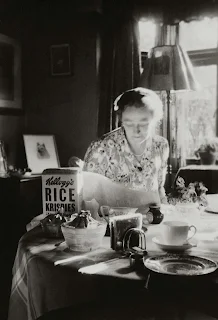What is Family Storytelling in Poetry?
Family storytelling in poetry is the art of using verse to explore and share personal and ancestral history. Unlike straightforward narratives, poetry distills these stories into their most evocative elements, using rhythm, imagery, and emotion to convey meaning. It turns memories into art, transforming fleeting moments into something timeless.
Why Use Poetry for Family Stories?
Poetry Captures Emotion – Poetry allows us to express the emotions behind our family stories in a way that prose often cannot.
It Preserves Legacy – A poem about a grandparent’s wisdom or a childhood home ensures these details live on for future generations.
Poetry is Accessible and Personal – Even a simple, short poem can carry profound meaning, making it easy for anyone to engage in family storytelling.
Different Approaches to Family Storytelling Through Poetry
Biographical or Bio Poems – Share key details about an ancestor’s life in verse. Although the bio poem is a type of poem, it also can have a specific format.
Memory-Based or Nostalgia Poems – Focus on a specific childhood memory or family tradition.
Conversational or Letter (epistolary) Poems – Write as if speaking to a family member, past or present.
Object Poems – Use a family heirloom or photograph as inspiration for a poem.
Getting Started: Your First Family Story Poem
This practice is the first in a year-long series of once-per-week poetry prompts that deal with family sstories, genealogy, and history. If you’re itching to begin, we're going to start small with this process:
Think of a cherished family story or moment.
Write down the key emotions, images, and details.
Experiment with poetic forms—free verse, haiku, or a simple rhyming structure.
Don’t worry about perfection; focus on authenticity.
A Challenge for You
Write a short poem about a family tradition that holds meaning for you. How does it make you feel? What details make it special?
Family storytelling through poetry is a way to honor the past while creating something new. Your words have the power to preserve history in a way that speaks across generations—what story will you tell next? Find out next week!

Comments
Post a Comment